Sanitation and hygiene
Proper sanitation and hygiene practices are fundamental to improving the health and well-being of the elderly. Clean and hygienic living environments help in disease prevention
Protecting Our Most Vulnerable: Our WASH Programs
Access to safe sanitation is a matter of dignity and health, especially for older persons and children who are most susceptible to diseases. Our WASH programs are specifically designed to create a healthier environment for these vulnerable groups, protecting them from preventable illnesses and ensuring their homes, schools, and communities are safe and hygienic.
HENU promotes The Use Of briquettes:
The use of briquettes contribute to environmental conservation by not cutting down trees for fuel and improving health outcomes through ensuring that the smoke that is emitted by firewood and charcoal is avoided by using briquettes as a cooking fuel.
Redesigning Pit Latrines:
To improve sanitation facilities, we work on redesigning and upgrading pit latrines. Our efforts focus on making these facilities more accessible, safe, and hygienic for the elderly, ensuring they can be used with ease and without health risks.
Rubbish Management:
Effective rubbish management is crucial for maintaining a clean environment. We implement community-based waste management systems, including regular waste collection, segregation of recyclable materials, and safe disposal practices. Our goal is to reduce the accumulation of waste and minimize health hazards.
Awareness Creation and Education:
Raising awareness about the importance of sanitation and hygiene is at the core of our approach. We conduct educational campaigns, community meetings, and training sessions to inform and empower community members. By increasing knowledge and understanding, we aim to foster a culture of cleanliness and hygiene.
sanitation and hygiene is not just about providing immediate solutions; it's about creating lasting change. By involving the community, educating individuals, and improving infrastructure, we strive to ensure that the elderly live in clean, safe, and healthy environments. Our commitment to sanitation and hygiene reflects our broader mission to enhance the quality of life for older adults and support their dignity and independence
HENU Encourages the use of Briquettes
The use of briquettes contribute to environmental conservation by not cutting down trees for fuel and improving health outcomes through ensuring that the smoke that is emitted by firewood and charcoal is avoided by using briquettes as a cooking fuel.


Focus Areas:
Household Latrine Construction and Improvement:
We support older persons and families caring for children in building or upgrading latrines. We focus on designs that are safe, accessible, and easy to use for elders with mobility issues and for young children, through: Providing construction materials, training local artisans, and promoting hygienic practices to prevent the spread of disease
Hygiene Education for Children and Caregivers
Interactive and age-appropriate hygiene education in homes and schools is what we do. We teach children the life-saving habit of handwashing and empower caregivers to maintain a clean environment for their families.
WASH in Schools:
We ensure schools have gender-segregated latrines and handwashing facilities that are accessible and safe for young children and “inclusion enabled capabilities.” Our hygiene clubs empower students to become advocates for good hygiene within their schools and homes
Redesigning Pit Latrines
At Health Nest Uganda (HENU), one of our core objectives is to enhance sanitation infrastructure in underserved communities. Redesigning pit latrines is a critical step in this direction, aiming to provide safer, more hygienic, and environmentally friendly sanitation solutions.
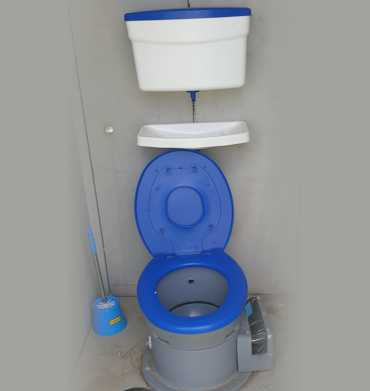
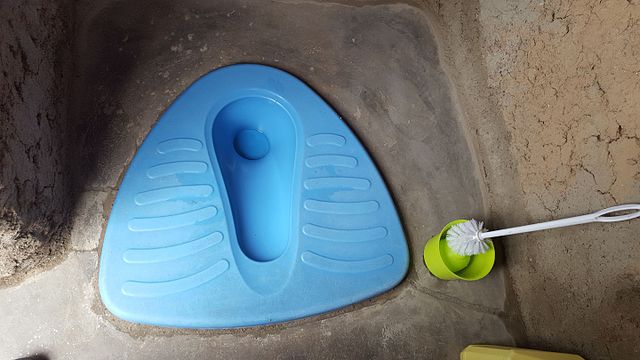
The Process
Structural Improvements:
Ventilation: Introducing ventilated improved pit (VIP) latrines to reduce odors and prevent the breeding of flies.
Durability: Using durable materials for construction to ensure longevity and reduce maintenance costs.
Accessibility: Designing latrines to be accessible for all, including children, the elderly, and people with disabilities.
Environmental Impact:
Eco-Friendly Solutions: Implementing eco-friendly designs such as composting toilets to manage waste sustainably and reduce environmental pollution.
Waste Management: Educating communities on proper waste management practices to ensure that latrines do not contaminate water sources.
Community Involvement:
Education and Training: Conducting workshops and training sessions to educate communities on the importance of sanitation and proper use of redesigned latrines.
Local Engagement: Involving local communities in the design and construction process to ensure the solutions are culturally acceptable and meet their needs.
By redesigning pit latrines, HENU aims to create a healthier and safer living environment, reducing the incidence of sanitation-related diseases and improving the quality of life for the communities we serve. This initiative is part of our broader commitment to promoting personal and environmental hygiene, ultimately contributing to the overall health and well-being of Uganda's population.
Rubbish Management
Effective rubbish management is essential for maintaining a clean and healthy environment. At Health Nest Uganda (HENU), we prioritize the implementation of comprehensive waste management systems to reduce pollution, prevent disease, and promote sustainable living.
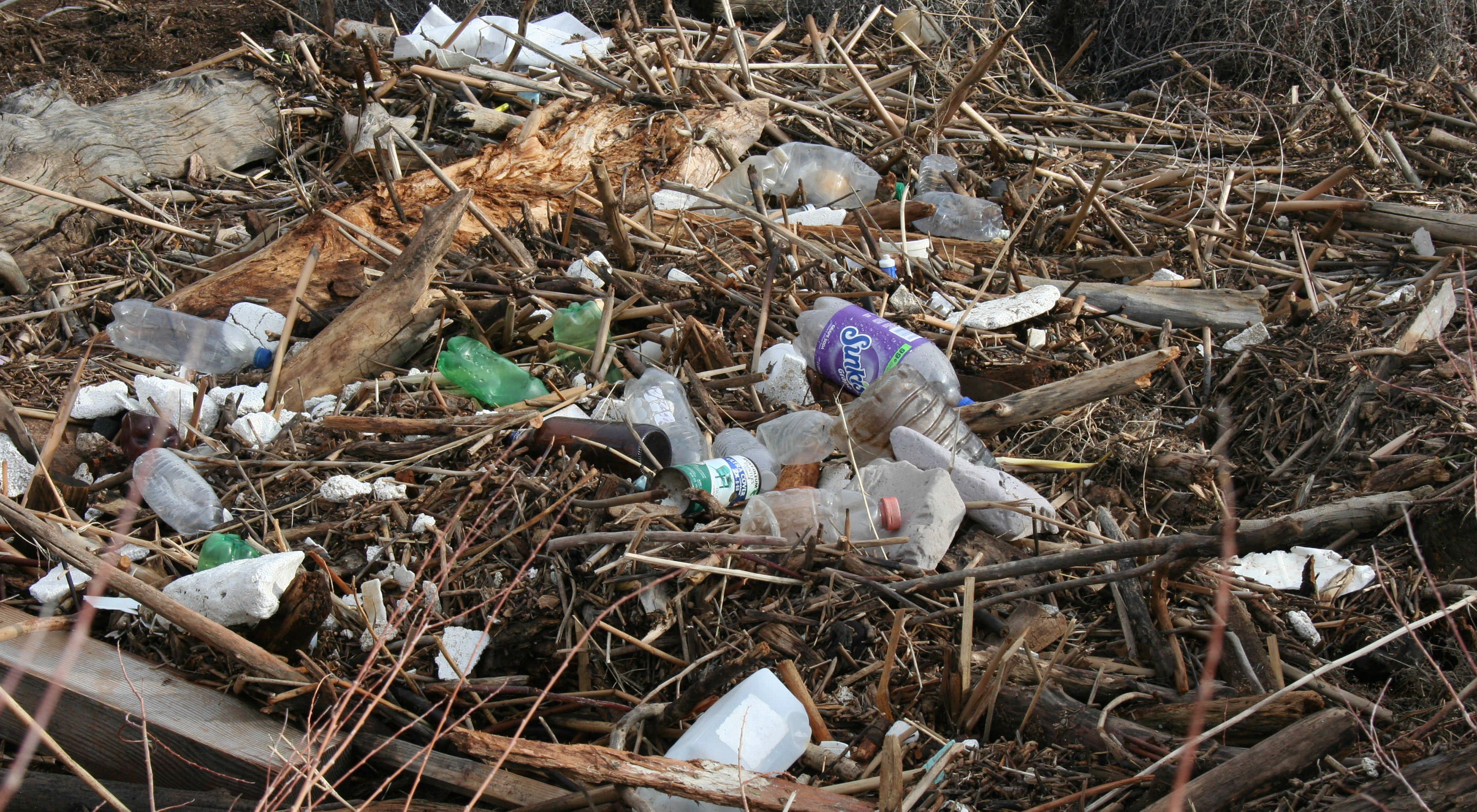
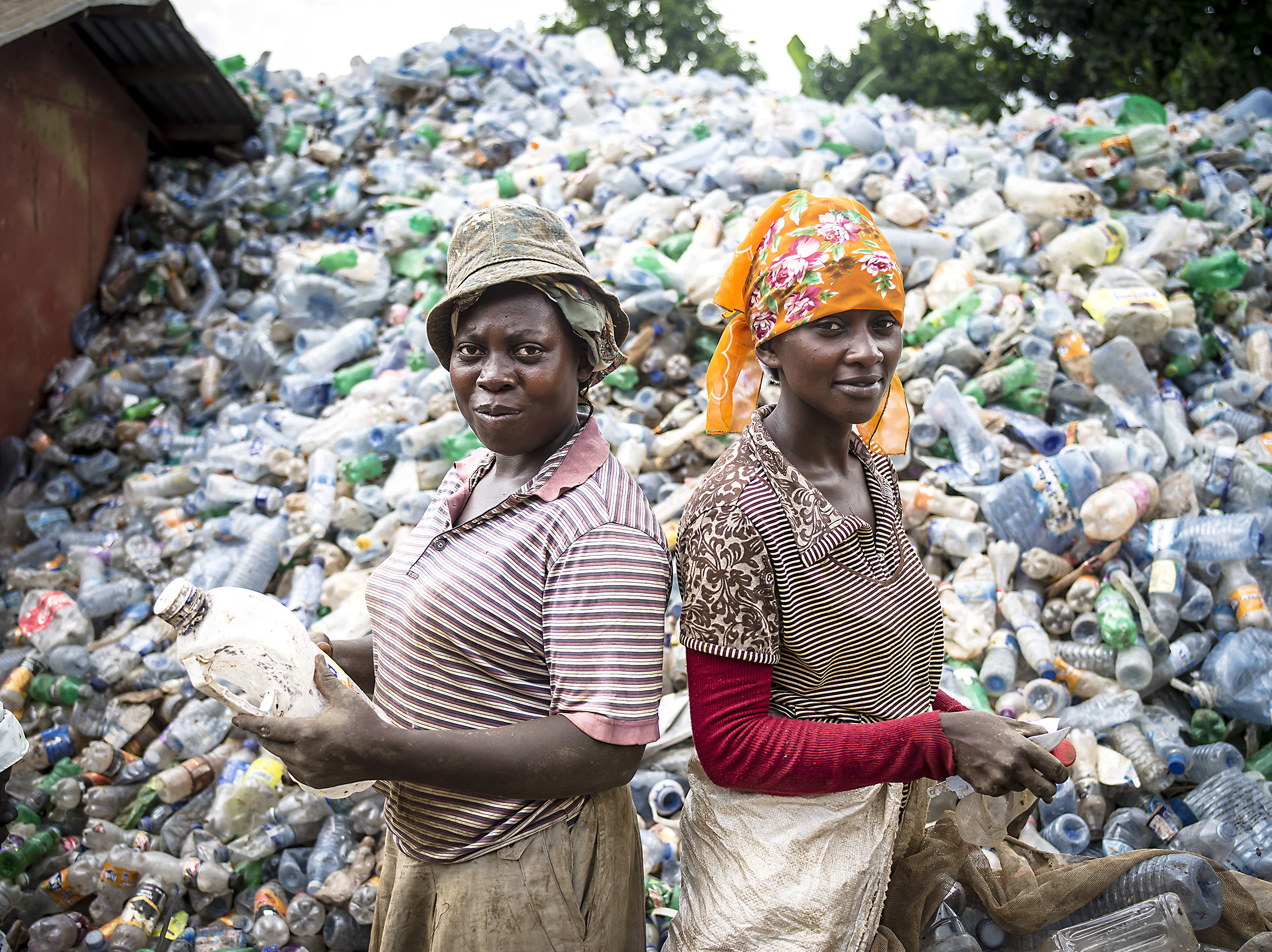
The Process:
Waste Segregation:
Educational Programs: Conducting workshops to educate communities about the importance of separating waste into categories such as organic, recyclable, and hazardous materials.
Provision of Bins: Distributing color-coded bins to facilitate easy segregation of waste at the source.
Recycling Initiatives:
Recycling Centers: Establishing local recycling centers where communities can bring recyclable materials for processing.
Awareness Campaigns: Promoting the benefits of recycling through community outreach and educational materials.
Safe Disposal:
Collection Services: Implementing regular waste collection services to ensure timely and efficient disposal of rubbish.<
Landfill Management: Managing landfills to minimize environmental impact, including measures to prevent contamination of soil and water sources.
Monitoring and Evaluation:
Composting: Encouraging composting of organic waste to create nutrient-rich soil for agriculture and gardening.
Reduction Strategies: Promoting practices to reduce waste generation, such as using reusable bags, reducing single-use plastics, and mindful consumption.
By implementing these strategies, HENU aims to create cleaner, healthier communities and foster a culture of sustainability. Effective rubbish management not only improves the immediate environment but also contributes to the long-term health and well-being of the population.
How to Get Started:
Reaching out is a sign of strength. If you or an older person you know needs support, or if you are caring for a child who is struggling, we are here to help. Contact us to schedule a confidential and compassionate consultation
contact us now
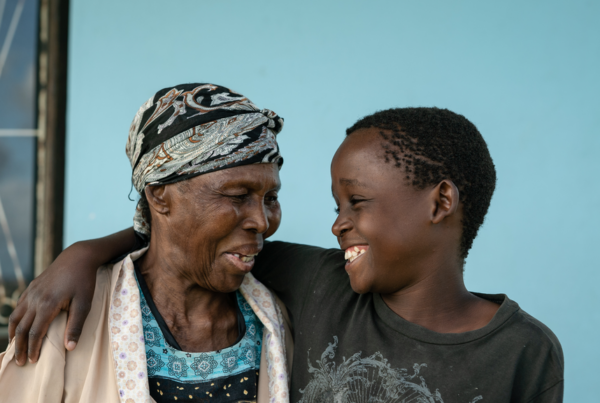
A Simple Latrine, a World of Difference: The Story of Juma
"8-year-old Juma and his grandmother lived in a village where open defecation was common, leading to frequent illnesses mostly diarrhea. Our program helped them build a safe latrine in their compound. His grandmother says, 'Since we got the latrine, Juma is no longer sick with stomach pains. He can now go to school every day.' "
Get Involved